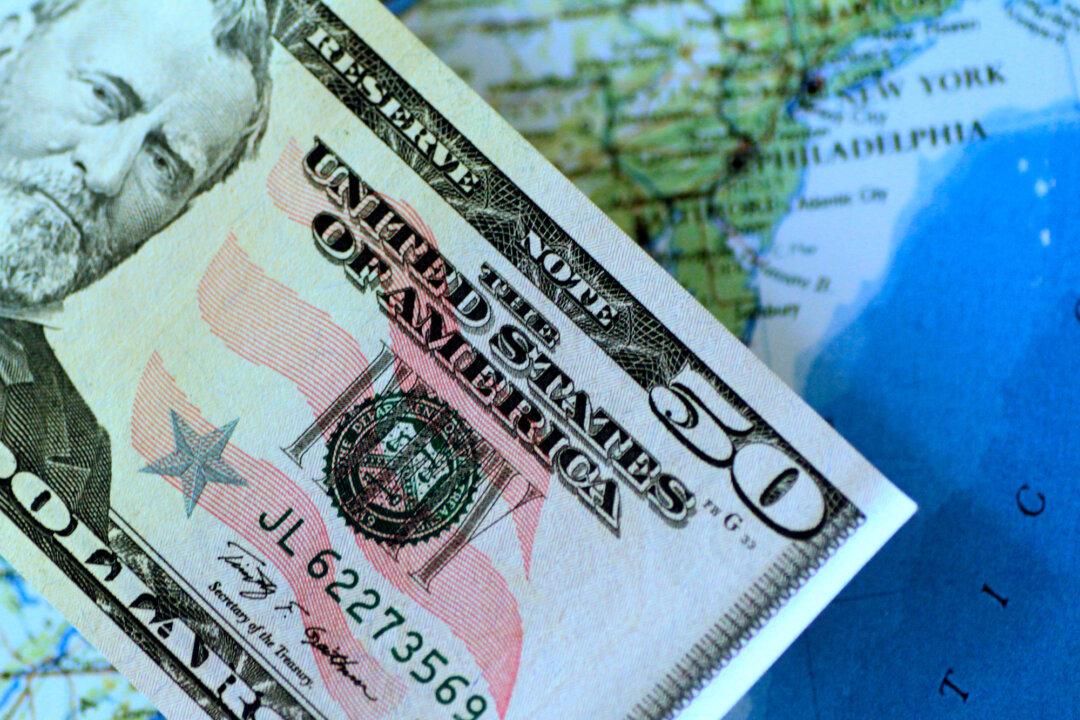A Federal Reserve spokesperson told Reuters Friday that banknotes coming into the United States from Asia were being subjected to a mandatory quarantine due to concerns over potential coronavirus contagion.
The quarantine, which lasts from seven to 10 days, pertains to shipments of physical bills the Fed routinely receives from Asian countries that are first processed and then redistributed within the United States.





